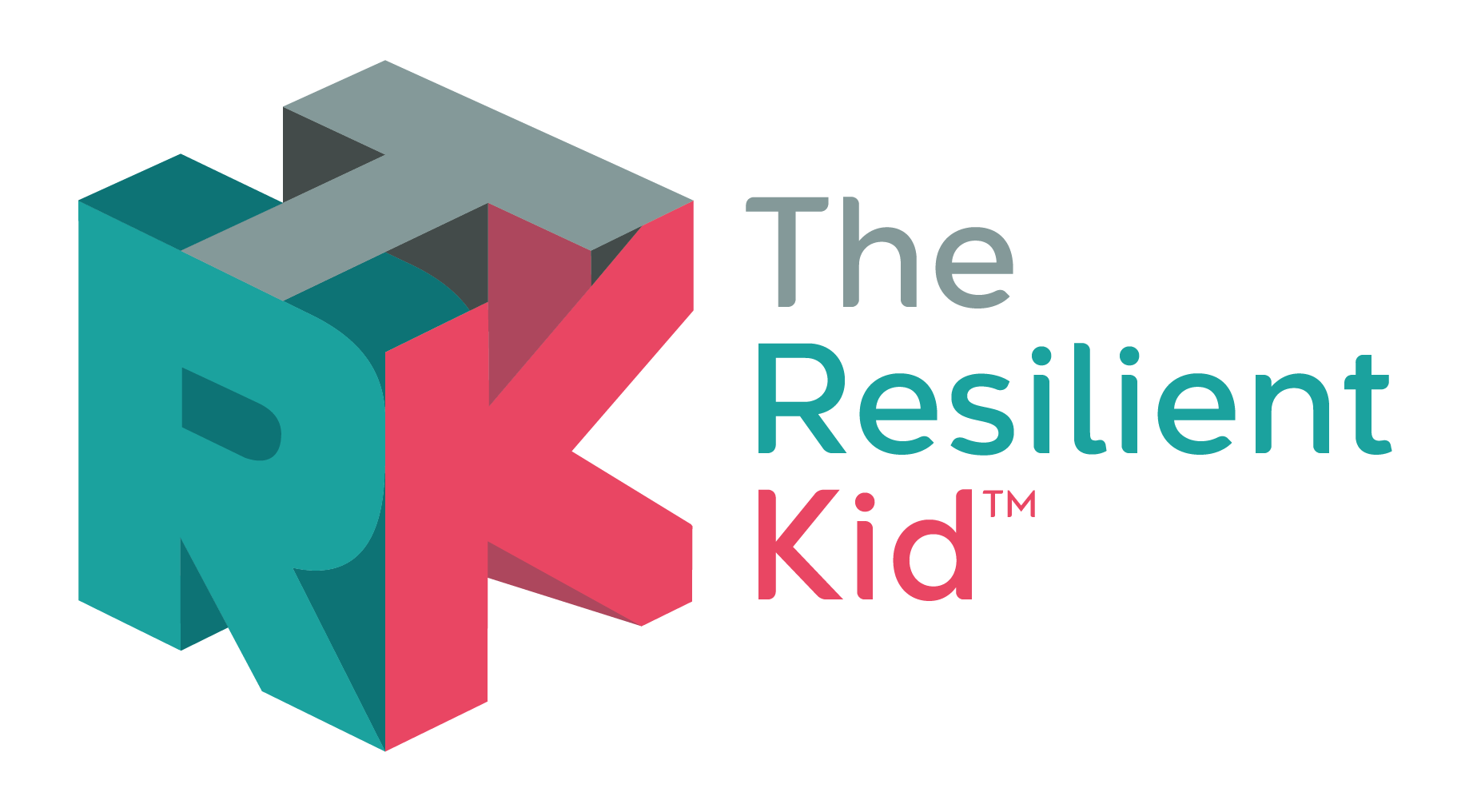
Exam Preparation
13/05/2024
Tips and Strategies for Students
Exams are a significant part of every student's academic journey. Whether you're facing midterms, finals, or any other kind of assessment, proper preparation is key to success. However, preparing for exams can be daunting and overwhelming, especially when you're juggling multiple subjects and deadlines. But fear not! With the right strategies and mindset, you can tackle your exams confidently and achieve the results you desire.
- Start Early:
One of the most crucial aspects of exam preparation is starting early. Procrastination is the enemy of effective studying. Begin by creating a study schedule well in advance of your exams, allowing yourself enough time to cover all the material thoroughly and time to revisit it. Starting early also helps alleviate stress and prevents last-minute cramming, which is often ineffective in retaining information. - Organise Your Study Materials:
Gather all your study materials, including textbooks, notes, handouts, and any additional resources relevant to your exams. Organise them systematically so that you can easily access the information you need. Consider using color-coded notes, flashcards, or digital tools to enhance your organisation and facilitate better retention of key concepts. Using colors helps to increase our memory and attentional level. - Understand the Exam Format:
Familiarise yourself with the format of the exams you'll be taking. Whether it's multiple-choice, short answer, essay, or a combination of formats, understanding what to expect will help you tailor your study approach accordingly. Pay attention to the weighting of different sections and allocate your study time accordingly based on the importance of each section. - Practice Regularly:
Practice makes perfect, and this holds true for exam preparation as well. Take regular practice tests or quizzes to assess your understanding of the material and identify areas that require further review. Practice tests not only help reinforce your learning but also simulate the exam environment, making you more comfortable and confident on exam day. Remember to practice the timings of answering questions, spending more time on those worth more. - Use Active Learning Techniques:
Passive studying, such as simply reading over notes, is not always the most effective way to learn. Instead, engage in active learning techniques that require you to actively participate in the learning process. This can include summarising material in your own words, teaching concepts to a peer, or solving problems related to the subject matter. Active learning promotes deeper understanding and better retention of information. Even speaking out loud about some of the concepts helps retention. - Take Breaks and Maintain Balance:
While it's essential to dedicate sufficient time to studying, it's equally important to take regular breaks and maintain a balance in your life. Overloading yourself with study sessions without breaks can lead to burnout and decreased productivity. Incorporate short breaks into your study schedule to rest and recharge your mind. Additionally, make time for activities you enjoy, such as exercise, hobbies, or spending time with friends and family, to keep your stress levels in check. Think about using a timer, 25 mins of study - 10 mins break, and repeat. - Stay Healthy:
Your physical and mental well-being plays a significant role in your ability to perform well on exams. Prioritise healthy habits such as getting enough sleep, eating nutritious meals, and staying hydrated. Adequate sleep is particularly crucial for cognitive function and memory retention, so aim for seven to eight hours of quality sleep each night. Additionally, practice stress-reduction techniques such as meditation or deep breathing exercises to manage exam-related anxiety effectively. - Seek Support:
Don't hesitate to reach out for support if you're struggling with your studies. Whether it's seeking clarification from your teachers, joining study groups with classmates, or seeking assistance from tutors, there are plenty of resources available to help you succeed. Don't be afraid to ask questions or request additional help when needed.
Conclusion:
Preparing for exams doesn't have to be a daunting task. By implementing these tips and strategies, you can approach your exams with confidence and maximise your chances of success. Remember to start early, stay organised, practice regularly, and prioritise your well-being throughout the process. With dedication, perseverance, and a positive mindset, you'll be well-equipped to ace your exams and achieve your academic goals.
For more help visit the website for - Preventing Exam Stress & Support
After years as a therapist seeing hundreds of students through exams, a teacher, and an exam invigilator I have a unique insight into exam nerves and students' behaviour. With my experience, I have put a guide together to support students and parents before and during exam season.
I have included a hypnotherapy track which not only helps calm the inevitable nerves during the exams but also helps with the consolidation of learning and recalling of knowledge, all while they sleep!
Listening to the track last thing at night will improve their confidence in their own abilities and concentration with study and application in the exams.
Included:
👉 Parent guide to prepping your student for exams
👉 Nutrition guide to getting the best out of their brain (By Nutritionist Virginia Hills)
👉 What they can expect from real-life exams
👉 Hypo track to give them the best start
Written by Ashley Costello, Psychotherapist, founder, and CEO of Resilient Kid. Check out the podcast or her book "A Parent's Guide to Raising a Resilient Kid" from all independent bookstores or online from Amazon.
Comments
Must be Logged In to leave comments.

